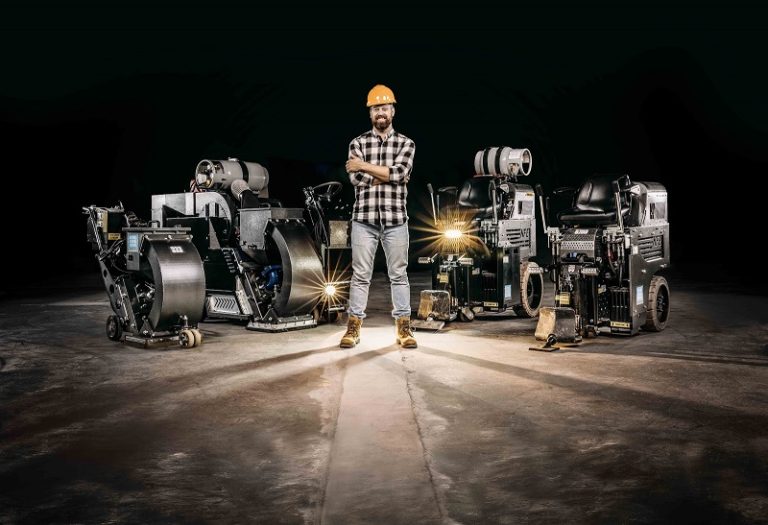The number of mortgages in arrears in the UK continued to fall in the second quarter of this year and is now at its lowest level since records began more than 20 years ago, the latest data shows.
At the end of June 2016 there were 92,500 mortgages in arrears of at least 2.5% of the balance, 0.84% of the total, down from 95,900 at the end of March, according to the figures from the Council of Mortgage Lenders (CML). The number of mortgages in arrears was 13.4% lower than a year ago, when the total stood at 106,800, and is now at its lowest level since the run of figures began in 1994. The number of properties taken into possession also fell in the second quarter, to 1,900, down from 2,100 in the first three months of the year. There was a decline in both the numbers of owner occupied and buy to let properties taken into possession. The CML says that if the present trend continues, the number of mortgaged property repossessions this year is on course to be the lowest since 1982 when there were 6.5 million mortgages, compared to 11.1 million today. A more detailed breakdown of the data shows that there was a fall in the number of borrowers in each band of arrears, apart from those owing more than 10% of the mortgage balance. The number in this category edged up from 23,500 to 23,700, the same number as at the end of last year. Ministry of Justice figures also continue to reflect a pattern in which the number of mortgage possessions is significantly lower than in the rental sector. Those figures showed, for example, that there were 42,729 rental evictions in England and Wales in 2015, compared to 5,592 mortgaged property repossessions, even though the rented sector accounts for only around one third of the housing stock. CML data also shows different patterns of arrears and possessions in the owner occupied and buy to let mortgage markets. As before, arrears rates are higher among owner occupiers than among buy to let landlords, while rates of possession are lower. The CML says that this is because lenders try to avoid repossession wherever possible to help owner occupiers recover from a temporary period of payment difficulty, but may move more quickly to protect their position on rental properties as tenants move out in the more commercial buy to let sector. ‘Another welcome reduction in arrears and possessions shows that borrowers are continuing to prioritise their mortgage commitments and that lenders remain committed to helping them through a period of temporary difficulty, wherever possible,’ said CML director general Paul Smee. ‘As ever, the key to success in dealing with any payment problems is to address them as soon as possible. Any borrowers anticipating difficulty in paying their mortgage should therefore speak to their lender at the earliest opportunity,’ he added. Meanwhile, new figures from the Finance and Leasing Association (FLA) show that the number of second charge mortgage repossessions in the second quarter of 2016 was down 40.3% on the same quarter in 2015. ‘Second charge mortgage providers continued to support customers in financial difficulty in the second quarter of 2016, while meeting the demands arising from the implementation of new systems following the market’s move to the FCA’s mortgage regime in late March,’ said Fiona Hoyle, head of Consumer and Mortgage Finance at the FLA. Source link









